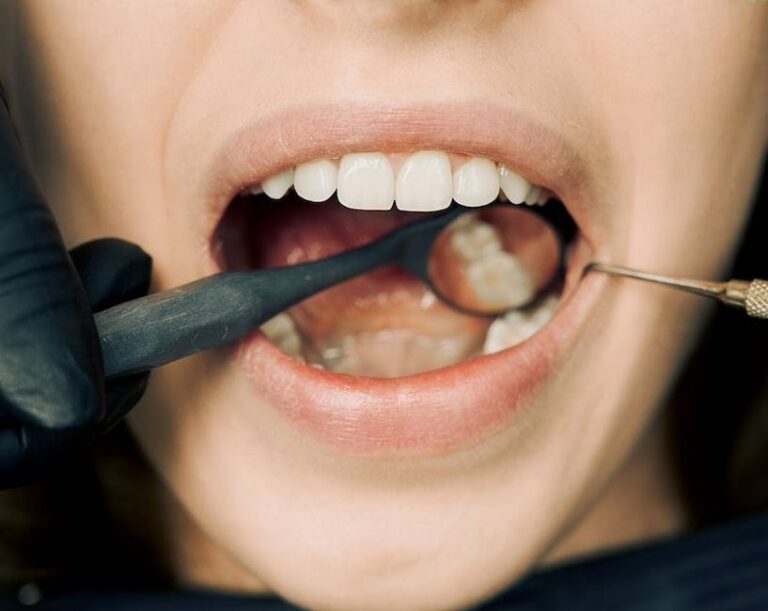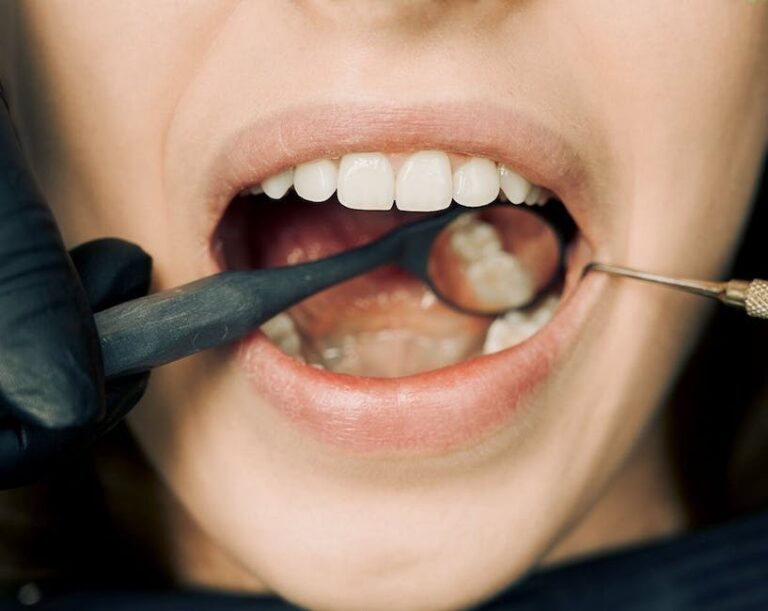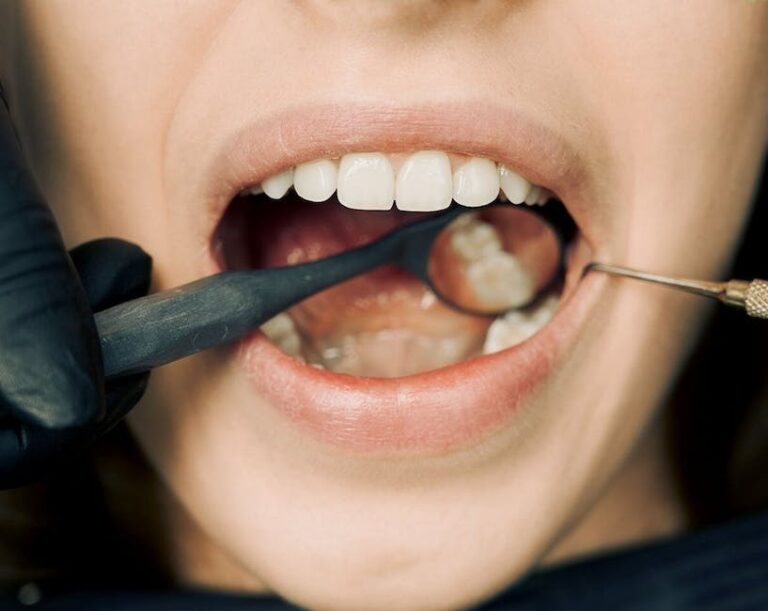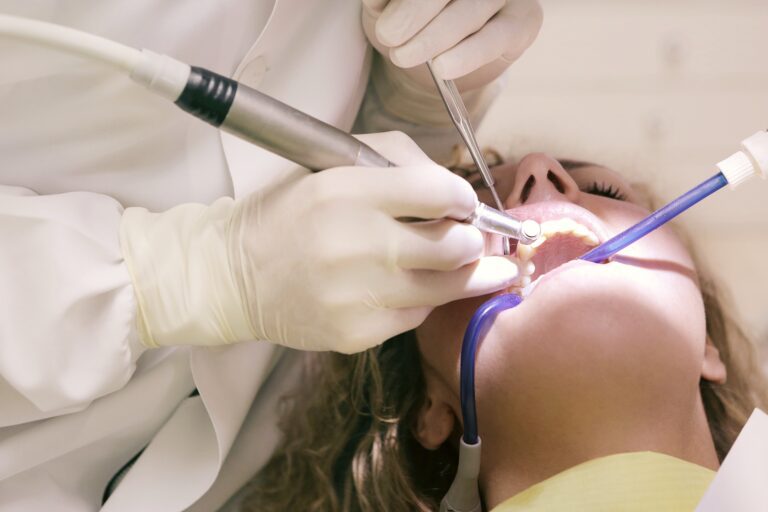“Coping with Pain after Implants: Expert Tips and Recommendations”
Are you experiencing pain after getting implants? Don’t worry, you’re not alone! Coping with post-implant pain can be challenging, but there are expert tips and recommendations that can help alleviate discomfort. From managing swelling to practicing proper oral hygiene, let’s dive into the details of how you can find relief. So, if you’re wondering what steps to take in order to ease your pain, let’s find out exactly what you need to do in the article below.
Managing Post-IMPLANT PAIN: Tips and Advice
1. Managing Swelling
Understanding the Cause
After getting dental implants, it is not uncommon to experience swelling around the implant area. This swelling is a natural response of the body’s immune system as it starts the healing process. It is important to note that the severity of swelling varies from person to person and can be influenced by factors such as the number of implants placed and the individual’s overall health.
Applying Cold Compresses
One effective way to manage swelling and reduce discomfort is by applying cold compresses to the affected area. The cold temperature helps constrict blood vessels, reducing blood flow and minimizing swelling. Wrap an ice pack or a bag of frozen peas in a thin cloth and gently apply it to the swollen area for about 10-15 minutes at a time, taking short breaks in between.
Taking Anti-inflammatory Medication
If the swelling and associated pain are severe, over-the-counter nonsteroidal anti-inflammatory drugs (NSAIDs), such as ibuprofen, can help provide relief. These medications not only help reduce swelling but also alleviate pain and discomfort.
2. Practicing Proper Oral Hygiene
Gentle Brushing and Flossing
Maintaining proper oral hygiene is crucial for the success and longevity of your dental implants. However, it is important to brush and floss gently to avoid causing additional pain or damaging the implant area. Use a soft-bristled toothbrush and a non-abrasive toothpaste to clean the implant and surrounding teeth. Be thorough but gentle to avoid irritating the surgical site.
Using an Antibacterial Mouthwash
To further promote oral hygiene and prevent infections, your dentist may recommend using an antibacterial mouthwash. Rinse your mouth with the mouthwash for the specified duration as advised by your dentist. This helps eliminate bacteria and reduces the risk of gum infections around the implant.
Regular Dental Check-ups
Scheduled visits to your dentist are essential to monitor the healing process and ensure the implants are functioning correctly. During these check-ups, your dentist will thoroughly examine the implant site, clean the area, and address any concerns you may have. Regular check-ups can help detect any potential issues early on and prevent complications.
3. Managing Pain Discomfort
Prescribed Pain Medication
In some cases, over-the-counter pain medications may not be sufficient to manage post-implant pain. Your dentist may prescribe stronger pain medication to help alleviate the discomfort. Follow the prescribed dosage and instructions carefully, and consult your dentist if you have any concerns or experience any side effects.
Using Oral Analgesic Gels
Topical analgesic gels can also provide temporary relief from pain and discomfort. Apply the gel directly to the affected area as directed by your dentist. These gels contain active ingredients that numb the area, providing temporary relief.
Limiting Physical Activity
Engaging in excessive physical activity can increase blood flow and worsen swelling and pain. It is advisable to limit strenuous activities for a few days following the implant procedure. Rest and allow your body to heal and recover.
4. Seeking Professional Guidance
Consulting Your Dentist or Oral Surgeon
If you are experiencing prolonged or severe pain after getting dental implants, it is crucial to consult your dentist or oral surgeon. They will evaluate your condition, identify any potential complications, and provide you with the appropriate treatment or adjustments. Seeking professional guidance ensures that any issues are addressed promptly, promoting a successful recovery.
Attending Follow-up Appointments
Attending all scheduled follow-up appointments is essential for proper post-implant care. These appointments allow your dentist or oral surgeon to monitor your progress, make any necessary adjustments, and address any concerns or questions you may have. Regular follow-up visits significantly contribute to the overall success and comfort of your dental implants.
Remember, while pain and discomfort are common after getting dental implants, they should gradually subside as the healing process progresses. Following these expert tips and recommendations will help ease your discomfort and ensure a smooth recovery. If you have any concerns or questions, always reach out to your dental professional for guidance and support.
Additional information
1. Managing Swelling:
2. Practicing Proper Oral Hygiene:
3. Managing Pain Discomfort:
4. Seeking Professional Guidance:






